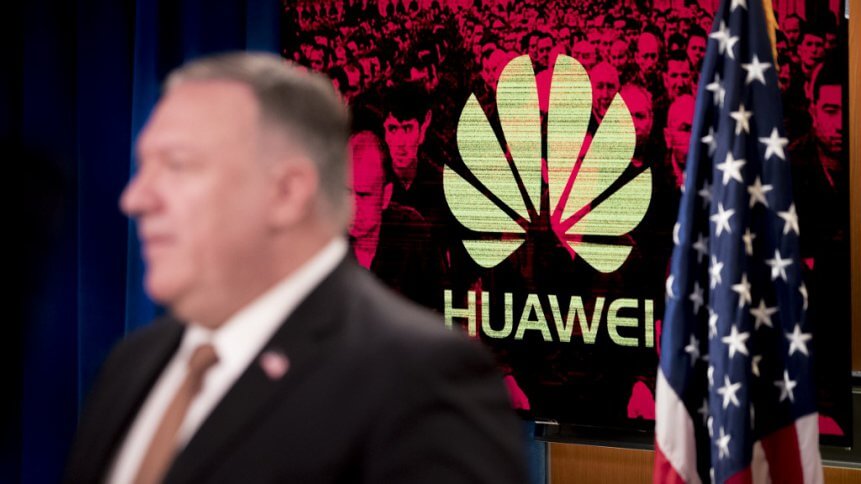Are Trump’s latest restrictions the death knell for Huawei?

- The Trump administration last week announced tightening restrictions on Huawei by cracking down its access to commercially-available chips.
- Could this be the final nail in the coffin for one of the largest smartphone makers in the world?
The US Commerce Department’s recent decision is an extension of restrictions deployed in May — Huawei was been prevented from obtaining US semiconductor technology without a special license, including chips made by foreign companies that have been developed or produced using US software or technology. These are the chips that crucially power the company’s 5G equipment and its smartphones.
The administration also added 38 Huawei affiliates in 21 countries to the nation’s economy blacklist, bringing the number up to 152 since May 2019, when Huawei was first added.
The new restrictions prevent the Chinese tech giant from finding a way around the American’s stringent export controls. A Commerce Department official told Reuters, “it makes clear that we’re covering off-the-shelf designs that Huawei may be seeking to purchase from a third-party design house.”
Ultimately, the move has cut off Huawei from its Plan B in third-party chipset manufacturers, such as MediaTek for its smartphone business, and that means its options are running out fast, or may already have done once its supply of chips runs out in what’s believed to be between 1 – 2 years time.
The souring US-China relationship — at its worst in decades — saw the White House pressuring allied nations to cease collaborating with Huawei. Washington has long alleged that Huawei products are a national security threat, claiming that the Beijing-based tech titan hands over data to the Chinese government for spying.
In July, the UK changed its stance on ‘to ban or not to ban’ Huawei. The UK government announced Huawei equipment must be stripped from the nation’s 5G networks by 2027 after officially approved of the smartphone maker’s limited involvement in its 5G infrastructure.
To date, Huawei has received massive blows, and the Semiconductor Industry Association said that “these broad restrictions on commercial chip sales will bring significant disruption to the US semiconductor industry.
“We are surprised and concerned by the administration’s sudden shift from its prior support of a more narrow approach intended to achieve stated national security goals while limiting harm to US companies,” the organization said.
The American semiconductor industry will be chained to the collateral damage that Huawei will face, placing the sector’s billions of dollars of annual global sales at the peak of uncertainty. As an example, chipmakers such as Intel and Qualcomm have warned the Trump administration of potential mass losses in sales due to export limitations.
An industry analyst said in Financial Times, “the US government has passed a death sentence on Huawei—[it] is probably finished as a maker of 5G network equipment and smartphones once its inventories run out early next year.” While another analyst remarked on the stricter regulations has led to Huawei’s loss of access to MediaTek, and this would take a toll on its mobile business.










